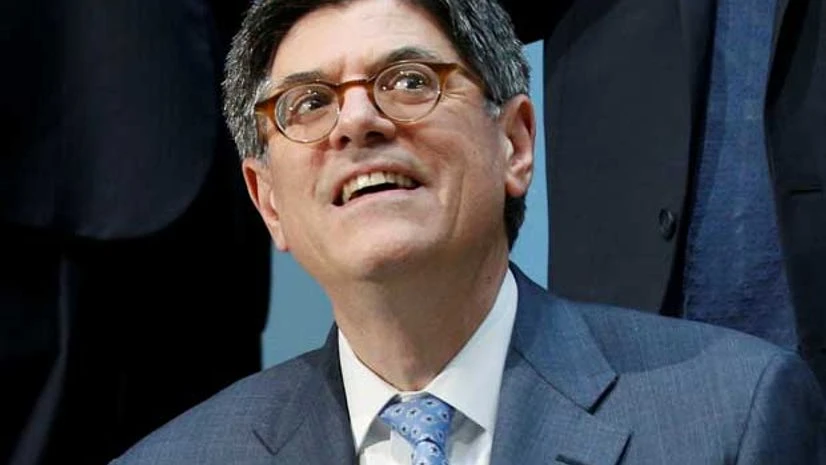Financial leaders from the Group of 20 nations said they were heartened by a recovery in financial markets, but warned that global growth was “modest and uneven” and threatened by weakness in commodities-based economies.
In a communique issued after their meeting in Washington, G20 finance ministers and central bank governors repeated their pledge to refrain from competitive currency devaluations, but offered no new initiatives to keep growth from stalling.
The G20 officials took a slightly more positive view on financial markets, which they said had mostly recovered from sharp selloffs earlier this year and were in better shape since they last met in Shanghai in February.
More From This Section
The communique also pointed to Britain’s possible exit from the European Union, geopolitical conflicts, terrorism and refugee flows as complications for the global economic landscape.
The statement repeated G20 pledges to “use fiscal policy flexibly” to strengthen growth, job creation and confidence. It kept language that member countries “will continue to explore policy options,” adding that they would be “tailored to country circumstances”.
“There’s not a one-size-fits-all answer” to boost growth, US Treasury Secretary Jack Lew told a news conference, adding that each country needed to decide for itself how to apply structural reforms, monetary policy and fiscal spending.
But he emphasised that it was important for Japan and China to pursue structural reforms — China to reduce excess industrial capacity and Japan to reform agriculture and other key sectors. Both of these would require some social spending to support displaced workers, Lew added.
The G20 gathering, the highlight of the International Monetary Fund and World Bank spring meetings in Washington, came amid growing pressure on richer nations to boost infrastructure spending, deregulate industries and spur employment.
After release of the so-called “Panama Papers” earlier this month stirred up controversy over global elites’ widespread use of off-shore tax havens to shield their wealth, the G20 officials strengthened their pledge to implement measures to combat exploitation of tax law mismatches and improve tax information sharing. Threatening to penalise havens that don’t share information on their banking clients, they said “defensive measures will be considered by G20 members against non-cooperative jurisdictions” if progress towards these goals is not made.

)
